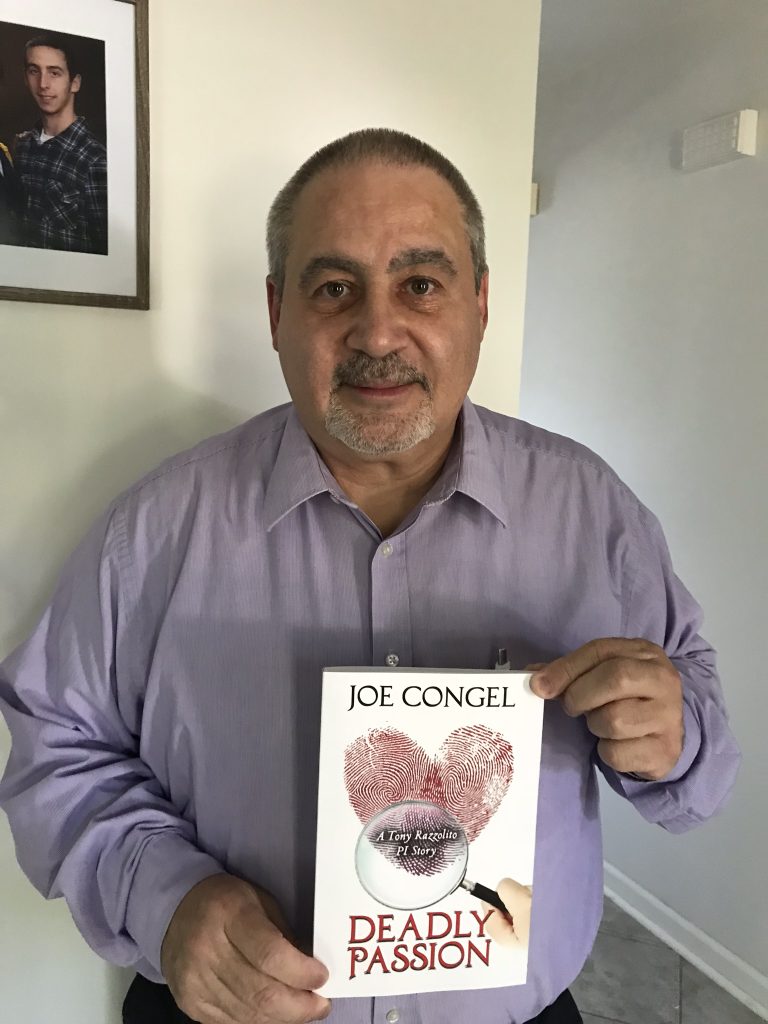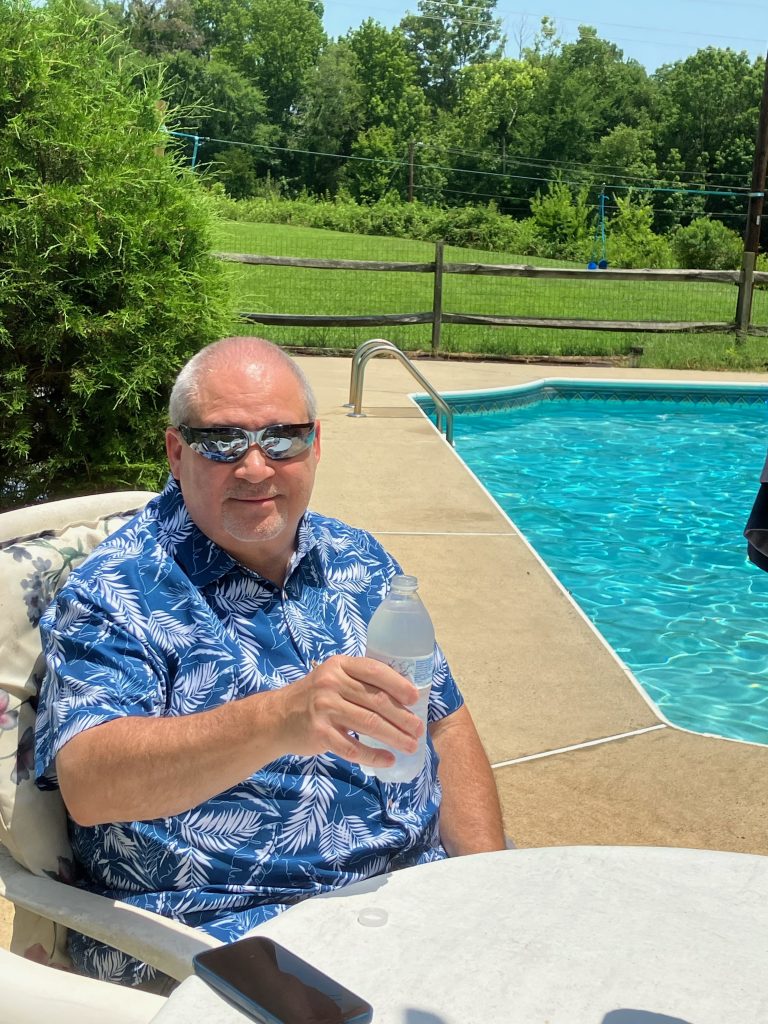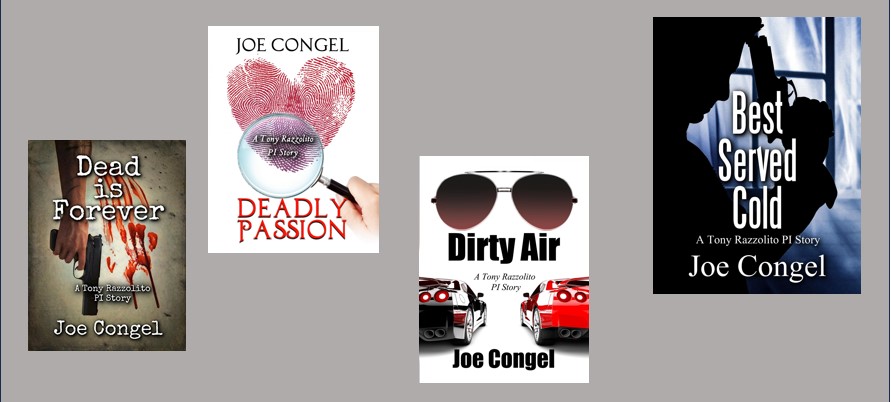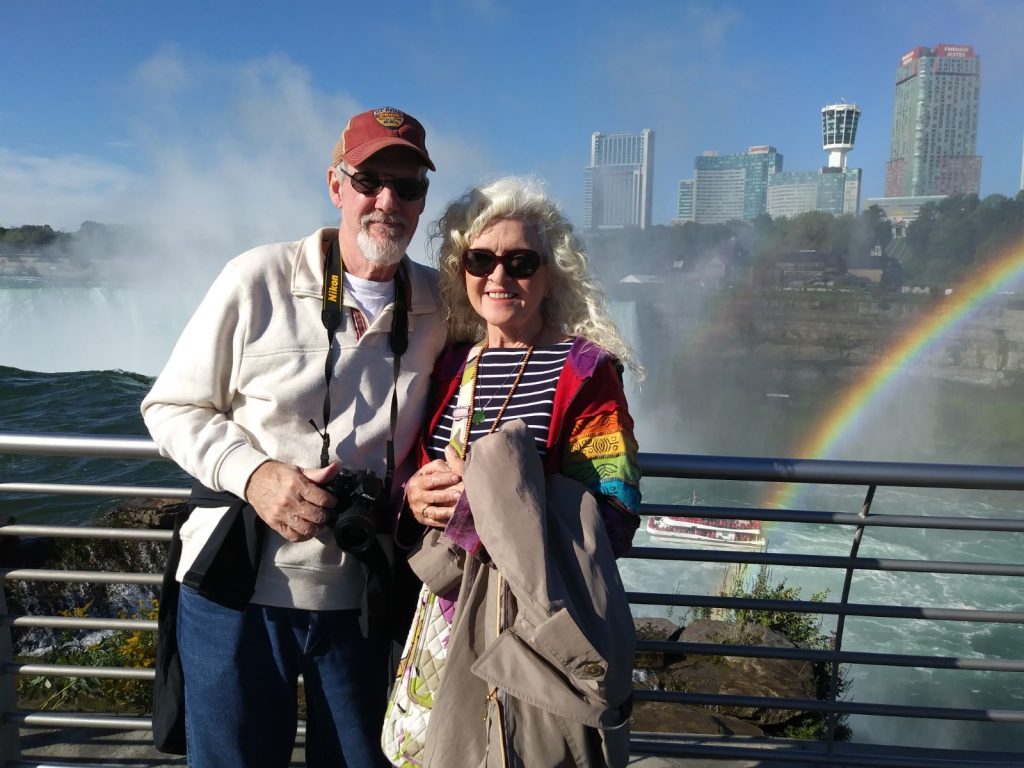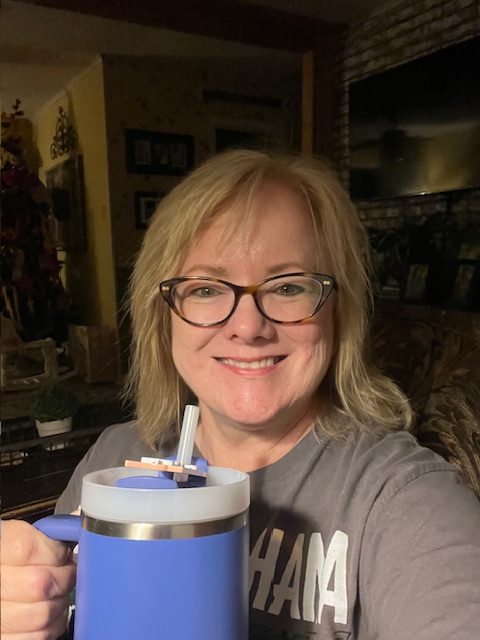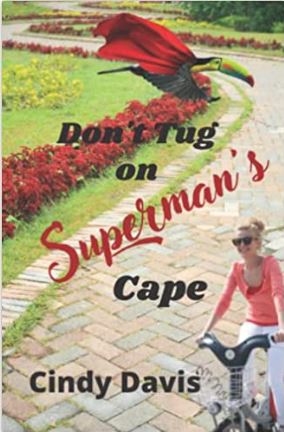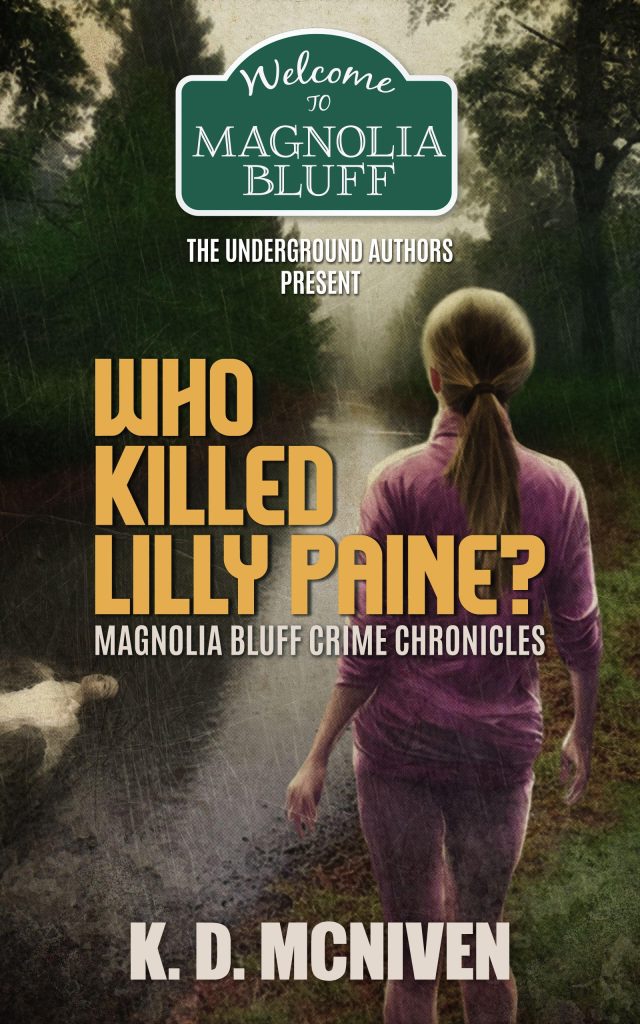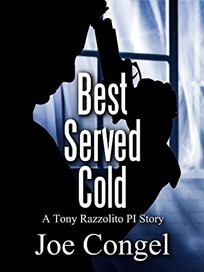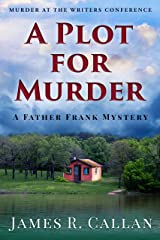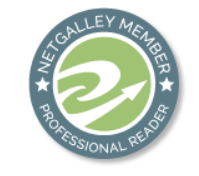I have a wonderful treat for you today. I’m sharing my conversation with Joe Congel.
Joe, what an honor to have you here and thank you in advance. Let’s provide some background for readers on your writing journey and discuss your next mystery story.
You grew up in New York, as I recall. Where are you living now?
I grew up in Syracuse, New York. For those unfamiliar with where that is, it’s in the central part of the state, about four hours north of New York City. I’ve been living in Charlotte, North Carolina since 1995. Absolutely love being in the Carolinas. We moved when our kids were 4yrs and 2yrs old, so they grew up in the South.
You have some interesting certificates, tell us about Cartoonerama and what that experience provided.
I’ve always been fascinated by cartoon art, specifically newspaper comic strips. I wanted to be a cartoonist and enveloped myself in that world. I was an okay artist but nothing special. Cartoonerama was a 2-year course on cartoon and comic strip art and history. It helped me refine my skills by teaching basic anatomy for comic art. The course was designed for freelance cartoonists or anyone interested in learning more about cartoon art and animation. What it provided for me was the skill set to be able to do freelance advertising art when I lived in Syracuse. I provided ad work for a chain of video stores and also did some work for Blue Cross of CNY. I also had a comic strip that appeared in a local (now defunct) Syracuse newspaper. And I provided the cartoon illustrations for a book called House Training Your VCR: A Help Manual for Humans, which ignited my interest in writing.
You are the author of the fabulous Razzman Mystery Crime PI Detective series. Where did you come up with the idea for your lead character?
Tony Razzolito, PI, is a mix of several guys I knew when I was younger. I hung around a group of guys who acted and dressed like they were auditioning for a role in Goodfellas. I took some personality traits from them and spun them into a private eye who is on the right side of the law but understands the mobster mentality. That being said, I let out even more of those personality traits in Vinnie, a semi-regular character in the series.
Who are some of your favorite mystery writers?
Of course, writers like Agatha Christie, Rex Stout, Dashiell Hammett, Raymond Chandler, Mickey Spillane, and Edgar Allan Poe are right at the top. But I also enjoy the works of Elmore Leonard, Lawrence Block, Steve Berry, Tess Gerritsen, Brad Meltzer, John Grisham, C.J. Box, and so many others. On the Indie side, I love CW Hawes’ Justinia Wright series, and enjoy the work of Caleb Pirtle III, Mike Faricy, Wayne Stinnett, Chris Niles, and Brenda Guiton, just to name a few.
My all-time favorite author, however, is Robert B. Parker. Reading his books helped me through a difficult time earlier in life. His books also helped show me how to construct a private detective mystery.
How do you come up with the plots for your stories?
My stories are character-driven, so most of the plots are based on what I think would be an interesting situation for them to get involved in. As far as how I come up with them… I wish I could give you a definitive answer. The truth is, they just hit me out of the blue. For example – I live ten minutes from the Charlotte Motor Speedway and NASCAR is a big deal around here. But I never thought about having it as part of a murder mystery until I was looking through a magazine and came across an article about something called dirty air. The name intrigued me, and I thought it would be a cool book title. Once I did the research on it, those two words turned into a mystery about a NASCAR driver who also moonlighted in illegal street racing.
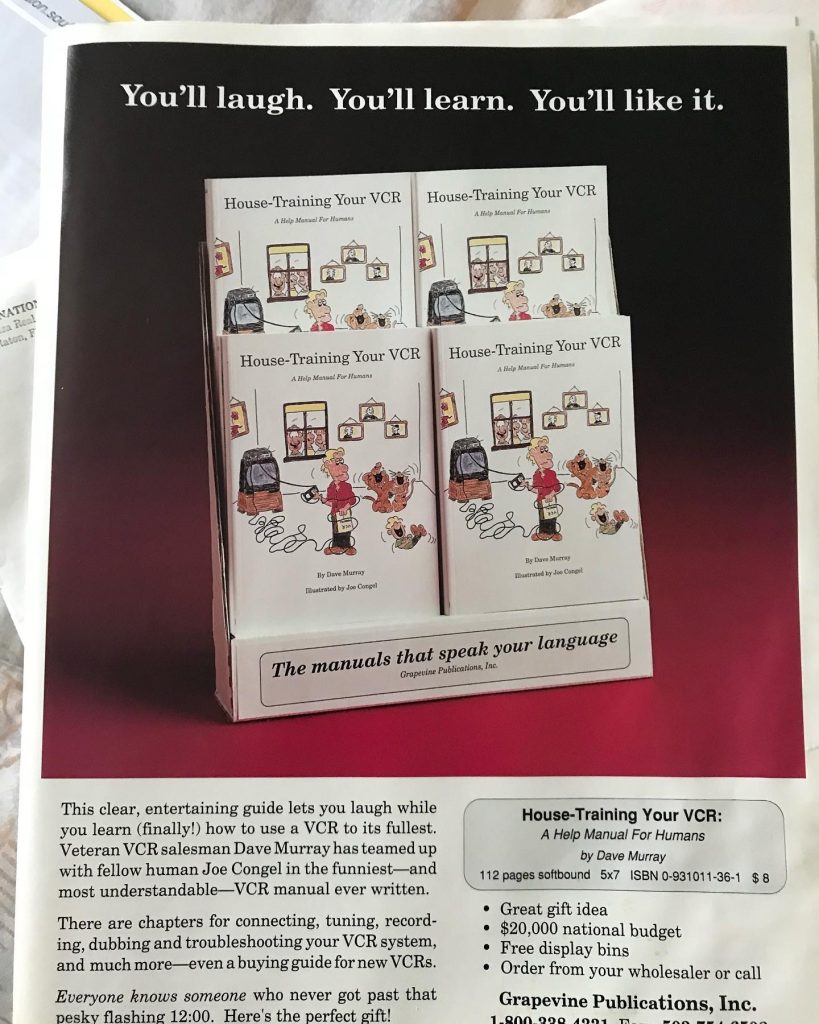
Was there a key event that set you on the path to writing fiction?
Yes. When I was asked to provide cartoon illustrations for the book House Training Your VCR back in 1992. It was the first time I was involved in the publishing process, and I found it fascinating and eye opening. The author and I took part in book signings and did a few radio and TV interviews. After that experience, I felt the urge to write a book of my own. House Training was a humor-based non-fiction book and was a success in a niche market. But it was not what I wanted to write. The author, Dave Murray, encouraged me to write and helped me find my own path to mystery fiction writing.
Who are your target readers?
I describe Tony Razzolito, aka The Razzman, as a hardboiled style detective for the modern world. And that’s really what Robert B. Parker accomplished with his Spenser novels. So, anyone who enjoys his work, or writers like Lawrence Block, would be an audience for my books.
Do you read your reviews, and how do you use the feedback provided?
Yes. I love reading my reviews. The good, the bad, and the ugly. I appreciate the fact that a reader took the time to write a review, so I want to see what they have to say. As far as feedback, if I see the same thing mentioned in a few different reviews, I will take it under consideration for my future books. For example, I noticed that one of the secondary characters, Vinnie, was getting mentioned in several reviews as a favorite or bright spot in the stories. I started giving Vinnie more page time since the readers like him. I began fleshing his personality and backstory out more to give him more depth and will continue to do so in future books in the series.
How long does it take you to finish one of your stories?
Admittedly, I am not a fast writer. It has taken me anywhere from six months to a year to write my previous books. Now that I’ve scaled back from my full-time job and am semi-retired, I’ve gotten a bit faster. I have a more planned out writing schedule than when I was working full time. That being said, I don’t want to rush a project just for the sake of completing it. I enjoy the process of working through the storyline and for me, that takes time.
Do you have a method to create such fascinating plotlines?
My method is that I am a discovery writer, aka a pantser. My method is to have the germ of the idea and let the characters run with it. They take me to places I never imagined until it appears on the page. I am constantly surprising myself as the story unfolds in front of me.
You recently joined the Underground Authors. What was your reason for joining this group?
I received an email from CW Hawes asking if I would be interested in writing a Magnolia Bluff Crime Chronicles book and becoming a part of the Underground Authors. Of course, I said yes. The group of authors involved in this project were all writers whose work I was familiar with and respected. For me to be asked to become a member and take part in a multi-author project such as Magnolia Bluff alongside this talented group, the answer could only be yes.
Share with readers your writing process, please.
I am at my writing desk at nine o’clock in the morning and work until lunchtime – usually around one pm. If I have anything nonwriting-related I must take care of, I knock that out and try to be back at the desk around three-thirty pm and write until around six-thirty pm.
As I said earlier, I am a slow writer. Part of the reason is that I edit as I write. When I hit the desk at nine in the morning, the first thing I do is have MS Word read back what I wrote the day before. I like to listen to that wonderful computer-generated voice because I’ve discovered it is the fastest and easiest way for me to find any issues that need to be corrected or paragraphs that need a little something to make it read better. Depending on how many words I wrote the day before, this will take anywhere from thirty minutes to an hour. Then I begin the new writing for the day after I’ve listened, changed, and corrected yesterday’s work.
Do you have a favorite writing process?
My favorite part of the process is listening to the computer read my book to me. It gives me a true sense of the overall feel of the story.
Do you leverage a variety of beta readers to gain feedback?
I generally use four beta readers. They are all helpful in their own ways and approach the story for different things. They also get to see it during different stages of completion, which I find helps me immensely.
What are your hopes for your writing career in the near and long term?
One of the reasons I decided to go into what I refer to as stage one retirement or my semi-retired state was so that I could have more time to spend on my writing. We were in a position that allowed me to not have to work full time any longer, so I felt it was the perfect opportunity to go all in on the writing. As far as my hope? I want to put out work that people will look forward to reading. Long term? I can’t deny that it would be cool to have a bestseller.
One of the reasons I was so excited to chat with you is because of the quality of your writing and your ability to weave a unique story. What is top of mind when you tell a story, pleasing your readers, your muse, or yourself?
Top of mind is pleasing myself. If I’m not enjoying what I’m writing, how can I possibly expect anyone else to enjoy the story?
What formats are your books available in today and in the near future?
Currently, my books are available on Amazon in ebook format and paperback. All are available for free download with Kindle Unlimited. I have started to look into audio but haven’t made a decision yet.
Most authors I come across are readers. Does this apply to you? If yes, do you have a favorite genre or author to curl up with?
I am reading all the time. Although my favorite genres are mystery and action-adventure, over the last few years I’ve come to appreciate other genres. I’ve met many very talented authors through social media and have found that I can enjoy almost any genre as long as the story interests me, and the writing is good. A lot of the indie authors I’ve come into contact with fit that bill nicely.
You are asked to speak at a mystery writer luncheon. What would be the title of your speech at this event?
From artist to writer – How to make those thousand words create the picture in your reader’s head.
Where can people find and follow you on social media?
Blog: joecongelfictionstories@blogspot.com
Twitter: JoeCongelAuthor
Instagram: joecongelauthor
Facebook: facebook.com/joecongelauthor
LinkedIn: Joe Congel
Best place to purchase Joe’s books
Where can fans meet you and get into a personal discussion?
They can email me at jc.razzman@gmail.com
Do you have some advice for up-and-coming authors?
Read. Read books in the genre you want to write in and then read other genres. Pay attention to story structure, how they begin and end a chapter, POV, and writing style. You can learn a lot about how to write from reading.
Go ahead and take the plunge!

